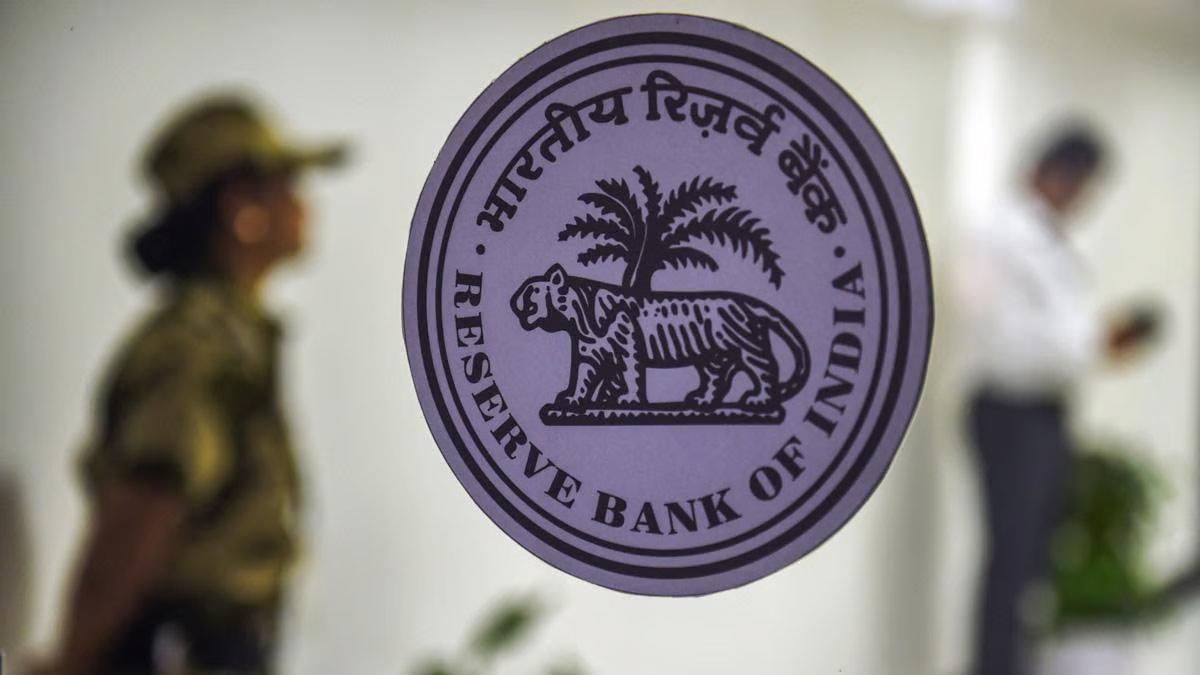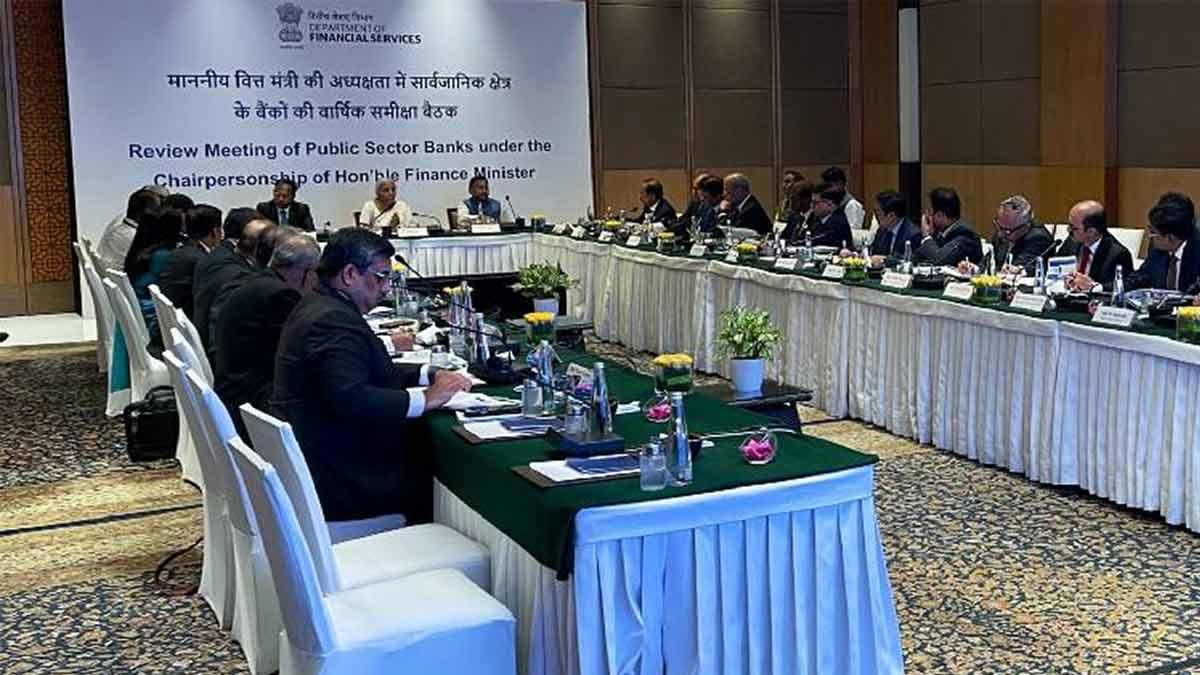The Federation of Indian Chambers of Commerce & Industry (FICCI) has said that the provision of compulsory licensing must be used cautiously and with the utmost discretion.
If not used judiciously, it may discourage innovator companies, which have invested heavily in R&D, and turn out to be counterproductive to the present situation, it added.
"Further, FICCI strongly believes that in the larger and long-term interest of the country and its citizens, India should not rush to do anything unilaterally that may undermine its present efforts to arrive at a 'multilateral solution' on this issue," the industry body said in a statement.
Also Read | Delhi's potable water production has reduced to 60 to 65 MGD: DJB
"This approach will be more acceptable to the global business and larger community worldwide. Our efforts should be to find a 'fine balance' between effectively managing India's present public health concerns on the one hand, and amply demonstrating that India values and respects the global rules on IPR /TRIPS Agreement, on the other," it added.
The immediate focus has to be on connecting with the 'right' global companies to facilitate 'technology transfer' and voluntary licences to Indian companies that have the capacity and capability for mass-production of Covid vaccines. This will be a definite game-changer and help create a robust manufacturing ecosystem with scalability in the country, it added.
FICCI recognises that the country has the right to invoke compulsory licences under relevant sections of the Patents Act. However, it may not lead to 'enhancing' the manufacturing capacity in the near future, it said.
Also Read | Apple pips Asus to reach 4th spot in India PC consumer market
This is due to the fact that the lack of availability of essential raw materials and inputs poses a significant constraint to the quick expansion of the production capacity of Covid vaccines. Further, several regulatory and safety issues will have to be addressed, and this may take some time.
Thus, additional permissions through compulsory licences will not automatically lead to an immediate increase in the manufacturing of vaccines.
The Indian Drug Manufacturers' Association (IDMA) had on Wednesday urged the government to use the provisions of the World Trade Organization (WTO) to issue compulsory licences to pharma companies to manufacture drugs that are used in the treatment of Covid-19.


















